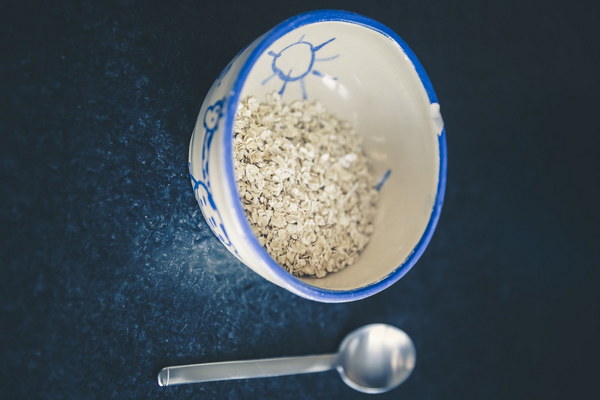Does Taking Liver Protection Medicine Cause Foot Swelling
Introduction:
Liver protection medicine, also known as hepatoprotective drugs, are commonly prescribed to treat liver diseases or to support liver function. However, some patients have reported experiencing foot swelling after taking these medications. In this article, we will explore the relationship between liver protection medicine and foot swelling, discussing potential causes, symptoms, and preventive measures.
What is Liver Protection Medicine?
Liver protection medicine is a class of drugs designed to treat or prevent liver damage and support liver function. They are commonly prescribed for various liver conditions, including hepatitis, cirrhosis, and liver failure. Some common types of liver protection medicine include:
1. Antiviral drugs: Used to treat viral hepatitis, such as hepatitis B and C.
2. Anti-inflammatory drugs: Help reduce inflammation in the liver, such as ursodeoxycholic acid (UDCA).
3. Antioxidants: Help protect liver cells from oxidative stress, such as silymarin (milk thistle).
4. Cholesterol-lowering drugs: Reduce cholesterol levels to prevent liver damage, such as statins.
Foot Swelling: A Common Side Effect?
Foot swelling, also known as peripheral edema, is a condition characterized by the accumulation of fluid in the tissues of the feet and ankles. While foot swelling can be caused by various factors, such as prolonged standing, pregnancy, or kidney disease, it is also possible for liver protection medicine to contribute to this condition.
Possible Causes of Foot Swelling Due to Liver Protection Medicine:
1. Side Effects: Some liver protection medications, particularly those with anti-inflammatory properties, may cause fluid retention as a side effect. This is because these drugs can interfere with the body's natural balance of fluids.
2. Liver Function: Liver diseases can lead to increased blood pressure within the liver, known as portal hypertension. This can cause fluid to leak into the surrounding tissues, including the feet and ankles.
3. Interaction with Other Medications: Some patients may be taking other medications that can contribute to fluid retention, such as diuretics or non-steroidal anti-inflammatory drugs (NSAIDs).
4. Underlying Health Conditions: Certain health conditions, such as heart failure or kidney disease, can also lead to foot swelling and may be exacerbated by liver protection medicine.
Symptoms of Foot Swelling:
If you experience foot swelling after taking liver protection medicine, you may notice the following symptoms:
1. Swelling in the feet and ankles, which may worsen at the end of the day or after prolonged standing.
2. Tenderness or pain in the affected area.
3. Difficulty wearing shoes or socks due to tightness.
4. Discomfort or pain when walking or moving around.
Preventive Measures:
To minimize the risk of foot swelling while taking liver protection medicine, consider the following preventive measures:
1. Consult with your healthcare provider: Discuss any concerns you may have about potential side effects and explore alternative medications if necessary.
2. Monitor your fluid intake: Drink plenty of water throughout the day, but avoid excessive fluid intake, as this can exacerbate swelling.
3. Elevate your legs: When possible, elevate your legs to reduce fluid accumulation.

4. Wear comfortable, loose-fitting clothing: Tight clothing can worsen swelling and discomfort.
5. Exercise regularly: Regular physical activity can help improve circulation and reduce fluid retention.
6. Maintain a healthy weight: Excess weight can increase the risk of foot swelling and other health issues.
Conclusion:
Foot swelling can be a potential side effect of taking liver protection medicine. While it is not a common occurrence, it is essential to be aware of the signs and symptoms and to take appropriate preventive measures. By consulting with your healthcare provider and adopting a healthy lifestyle, you can minimize the risk of foot swelling and ensure that your liver protection medication is as effective as possible.









